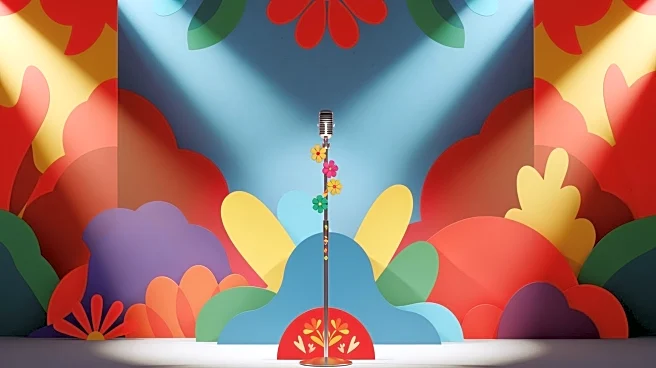What's Happening?
Carol, a former college admissions dean, and Becky Mulholland, director of first-year admission at the University of Rhode Island, are advocating for a cultural reset of the gap year concept. They propose
a model that emphasizes career readiness and self-exploration, challenging the perception of gap years as a luxury for the privileged. They argue that intentional pauses can benefit families facing financial stress and uncertainty, providing time for reflection and planning.
Why It's Important?
Normalizing gap years could have significant implications for higher education and career readiness. By allowing students to take intentional pauses, families can make more informed decisions about college and career paths, potentially reducing dropout rates and improving long-term outcomes. This approach challenges traditional views on education and encourages a more flexible and personalized path to success, which could lead to broader acceptance and implementation of gap year programs.
What's Next?
Higher education institutions may begin to incorporate gap year options into their advising models and admissions processes. This could lead to the development of structured programs that support career exploration and personal growth. As awareness of the benefits of gap years increases, more families may consider this option, leading to a shift in cultural perceptions and educational practices.
Beyond the Headlines
The push to normalize gap years reflects broader trends in education that prioritize student well-being and adaptability. It challenges the notion of a linear educational path and encourages a more holistic approach to learning and development. This movement could influence policy changes and inspire new educational models that better align with the diverse needs of students.










